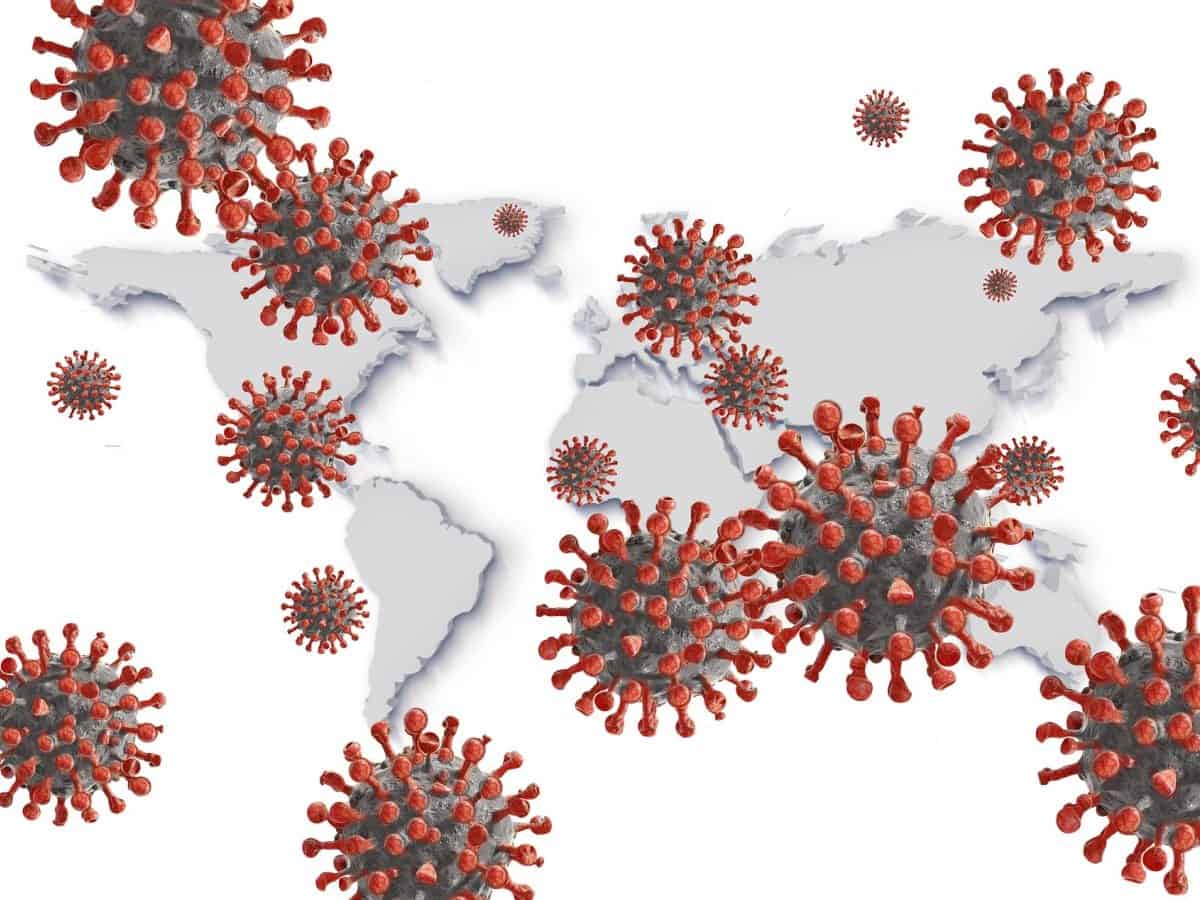New Delhi: It has been months since we came to know about the novel coronavirus, but despite the best efforts of the scientists, there is hardly any consensus among the global community regarding answers to some of the basic questions around COVID-19 disease.
Origin of virus
There are still confusions about the origin of the virus. While bats are believed to be the primary source of the infection, it is also pointed out that an intermediate host may have been involved in spreading the virus from bats to humans.
In a study, published in the Journal of Proteome Research, researchers from the University of Michigan in the US pointed to the pangolin as the most likely intermediate host for the new coronavirus, but they also added that additional intermediate hosts could be involved.
It suggests that there could be another source which could spread the novel coronavirus, officially called Sars-CoV-2, which we are not aware of.
Of course, we do not know how many people will have to die due to the virus before an effective treatment is found, although several estimates about the best case scenarios and worst case scenarios are doing the rounds.
Number of infected persons
Not only that, we do not even know how many people have actually got the disease. Although the number of confirmed cases has surpassed 730,000, an unknown number of asymptomatic cases — people who do not feel ill despite having the virus — has created utter confusion.
It is still not quite clear why mortality rates in different regions has been so different, although a number of factors like healthcare facilities, age of infected people and even culture can impact how many people the virus kills in a country.
A new study even suggests that TB vaccination may also partly explain the differences in COVID-19 mortality.
Issues like what role children play in spreading the virus and why kids have so far tended to have developed only milder symptoms of COVID-19 also need better explanations.
Confusions also arose after a small study, published in the journal JAMA Pediatrics on March 26, suggested that pregnant women with COVID-19 could possibly pass the infection onto their newborns, although it did not establish that transmission occurs in the womb.
Until then, no clinical findings or investigations suggestive of COVID-19 in neonates born to affected mothers were found.
Will summer reduce coronavirus cases?
It is also not clear whether the summer will reduce coronavirus cases. Nor it is known clearly if the spread of infection can pick up again in winter even if it turns out to be less lethal in summer as some studies have suggested.
What is clear, however, is that it would take long to find definite answers to these questions as it is only in December that scientists became aware of this new virus.
Number of coronavirus cases
In India, the number of COVID-19 cases climbed to 1,071 on Monday whereas, the death toll rose to 29.
Globally, fatalities from the virus rose to 34,610.
A total of 727,080 declared cases have been registered in 183 countries and territories.

